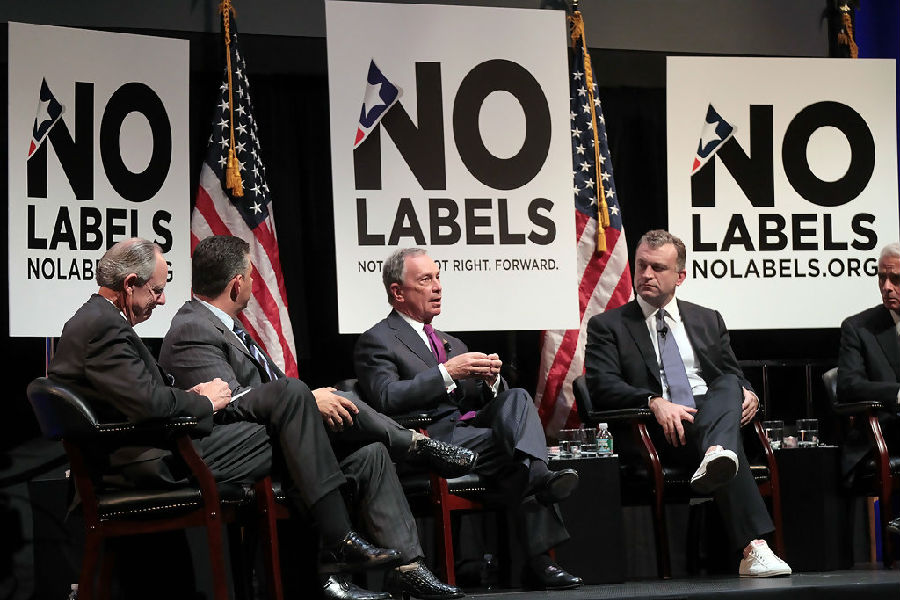JUDY WOODRUFF: Political labels can sometimes be convenient, but are they always helpful? Most of us rely on them in the news media, around the dinner table, with our friends and colleagues. Trying to understand our country politically, we reach for shorthand, red vs. blue, rich vs. poor. Now the question is raised, what if we put an end to some of these binary descriptions? Tonight, author and journalist Sarah Smarsh offers Her Humble Opinion on why we need to drop the labels.

SARAH SMARSH, Author, Heartland: I grew up on a wheat farm in Kansas as the fifth generation of my family to work that same patch of land. I'm the first woman in my direct maternal line, back to when women wore corsets, to not have a baby as a teenager. Most of the brilliant people I grew up around didn't finish high school, let alone college. Their life outcomes, I assure you, had far more to do with powerful forces like policy and culture than with individual merit. On my professional path, I have entered spaces no one I knew had ever neared: an Ivy League university, the National Book Awards. I now have a foot in two different worlds, allowing me to call B.S. on stories claiming they contain two innately different kinds of people. My work as a journalist and my day-to-day life in Kansas tell me that most folks, not all, but most, want a fair and decent society. But they have different influences, some with dangerous intentions, telling them how to make it so. My own ideas changed when I was in my early 20s. Was I a less moral and decent person before then? No. What changed was my environment and information sources, from a conservative small town to a liberal college campus with peers from liberal households. With such different experiences, we don't share a common set of definitions. Some women, for instance, have been taught to reject the word feminist, even as they exemplify feminism every day, taking no flak, being the breadwinners of their households. That's where we're divided, our social influences and media streams, not in our hearts and humanity. And those divisions aren't predicted by location or identity. Judging by state election outcomes, about 40 percent of Americans vote for the party that usually loses where they live. They are erased by reductive political headlines, as are millions who defy the one-dimensional narratives about their race or class, the conservative Christian person of color, say, or my dad and my partner, both of whom are white construction workers who vote for Democratic socialists. Let's keep refusing to compromise with those who would harm our communities, but let's drop the bogus frameworks of red vs. blue, urban vs. rural, misleading categories that drive TV ratings up, but shut us down to one another. And let's resist the temptation to view our political affiliation as a mark of inner superiority. More likely, it's a mark of our experiences. And most people we perceive as our enemies aren't so different at their core.
JUDY WOODRUFF: A lot to think about.












